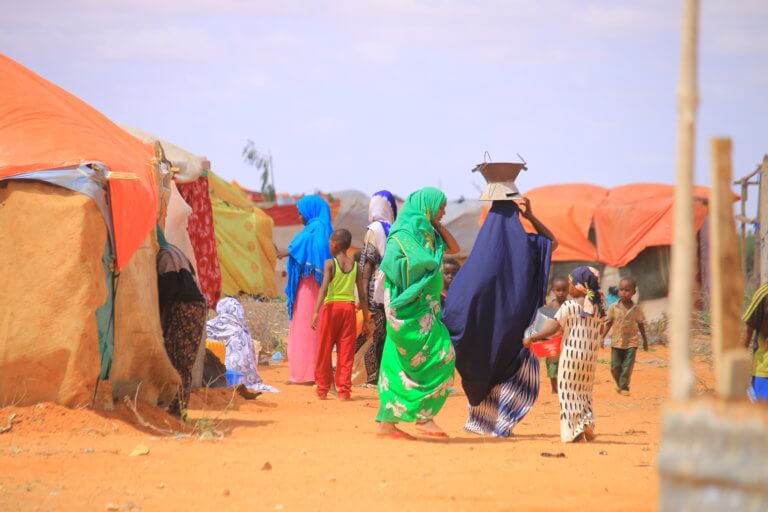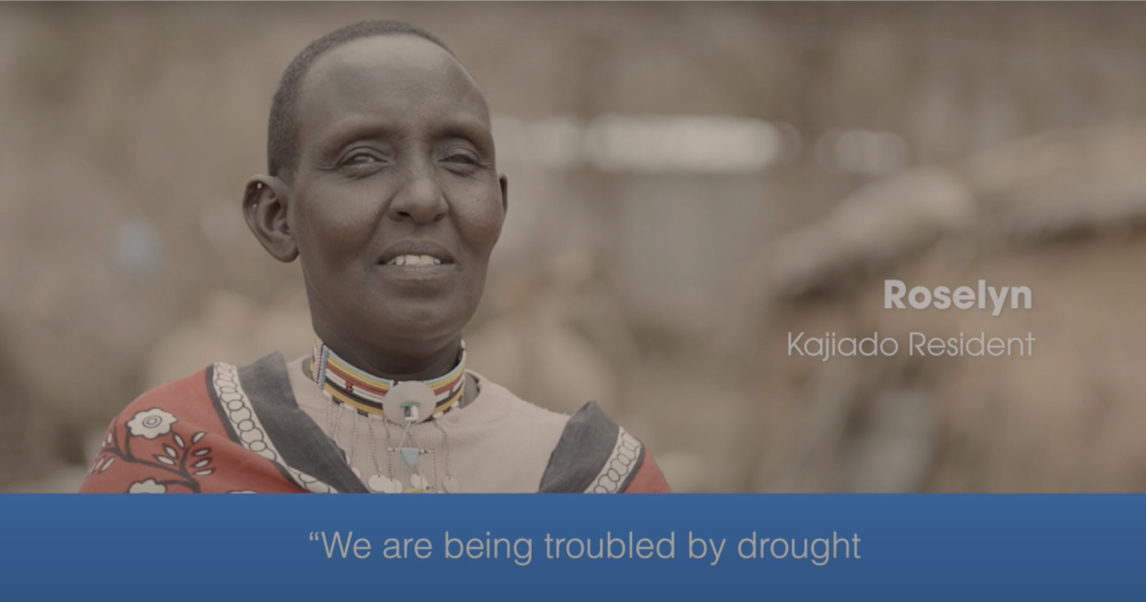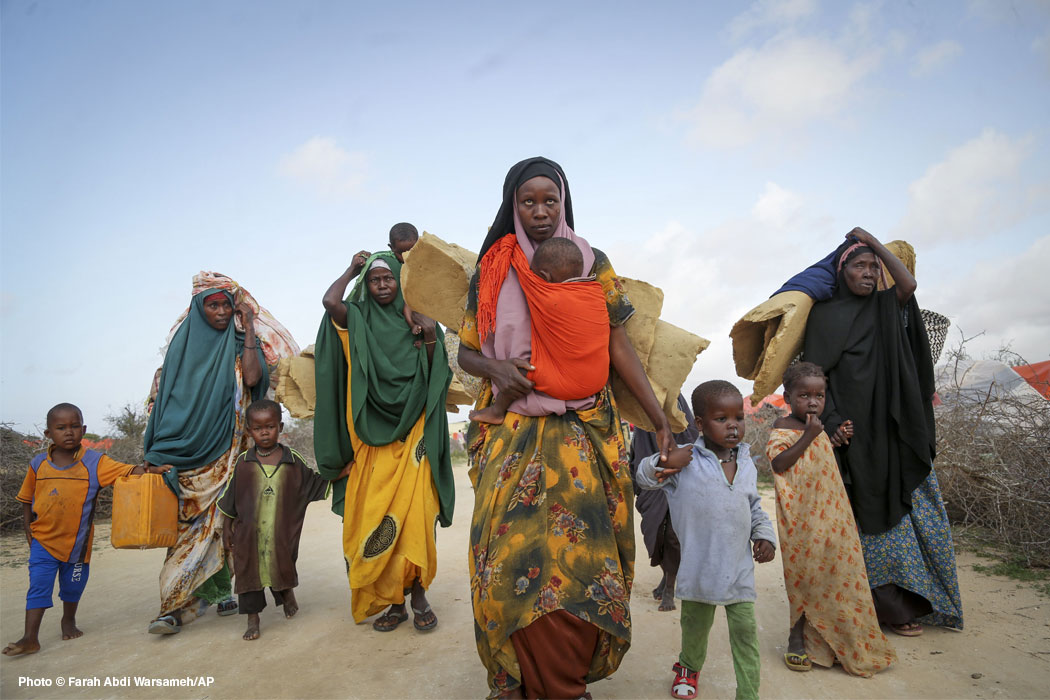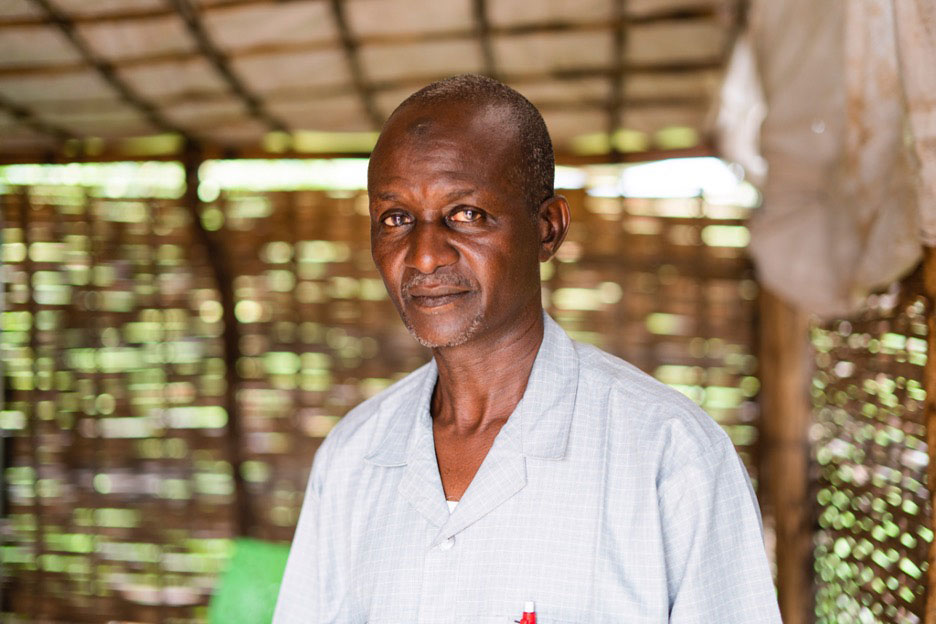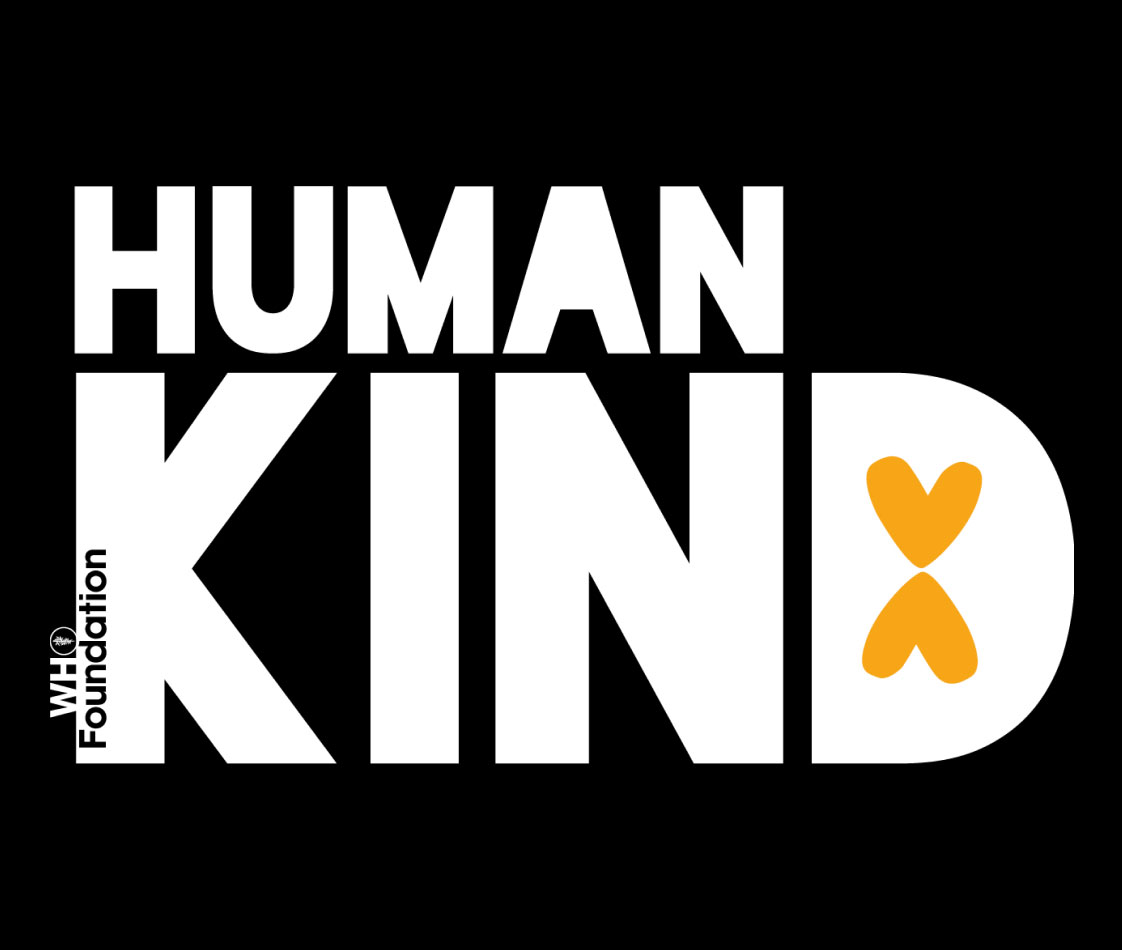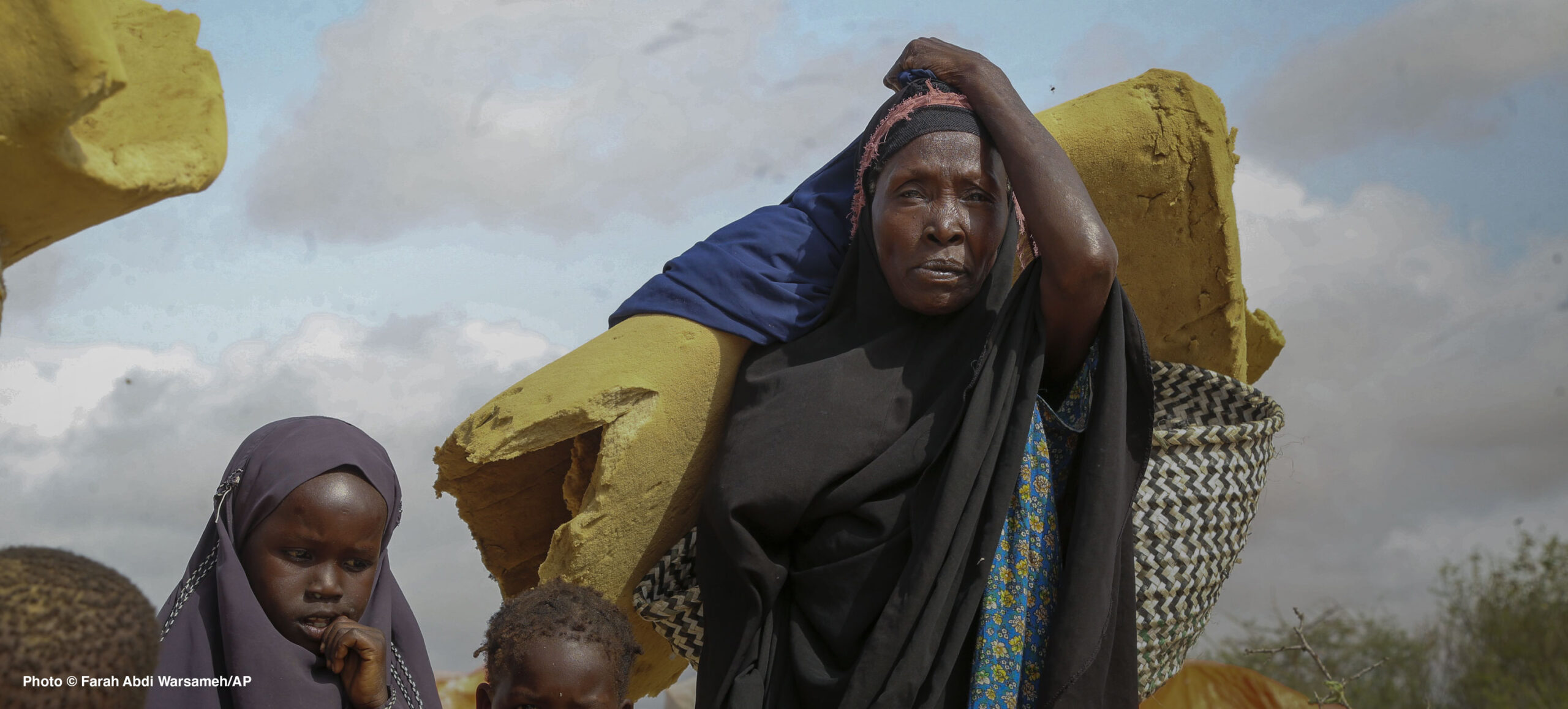
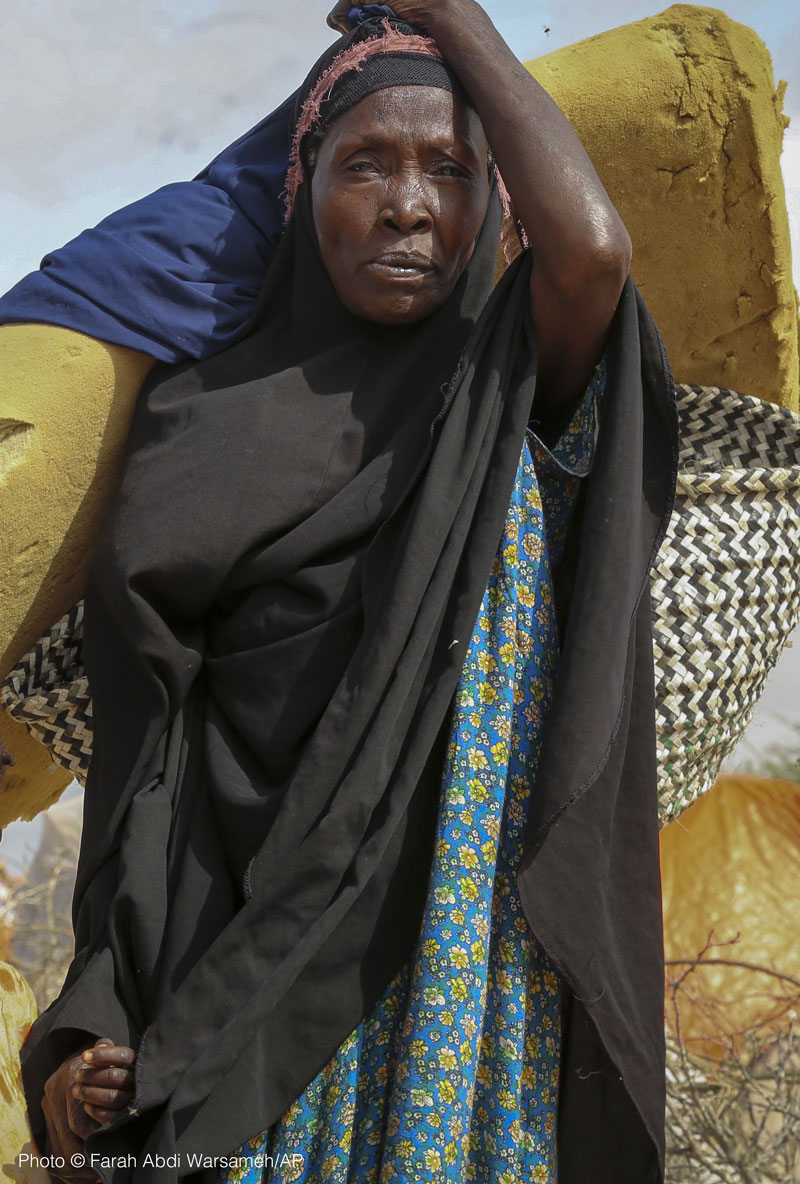
WHO Health Emergency Appeal: Drought crises in the Sahel and Greater Horn of Africa
Support healthcare operations and help to save lives.
WHO Foundation in
Kajiado county, Kenya
Watch Now
WHO intensifies its healthcare response in the Sahel and Greater Horn of Africa.
The health risks in the region are increasing, while access to health care is deteriorating.
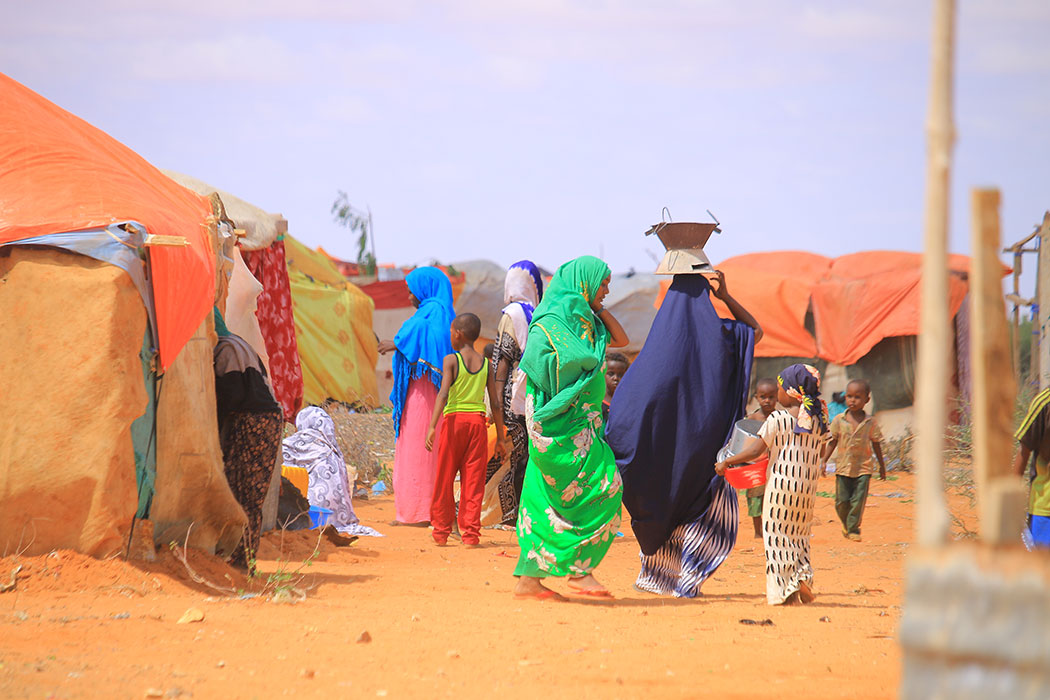
How will my contribution help?
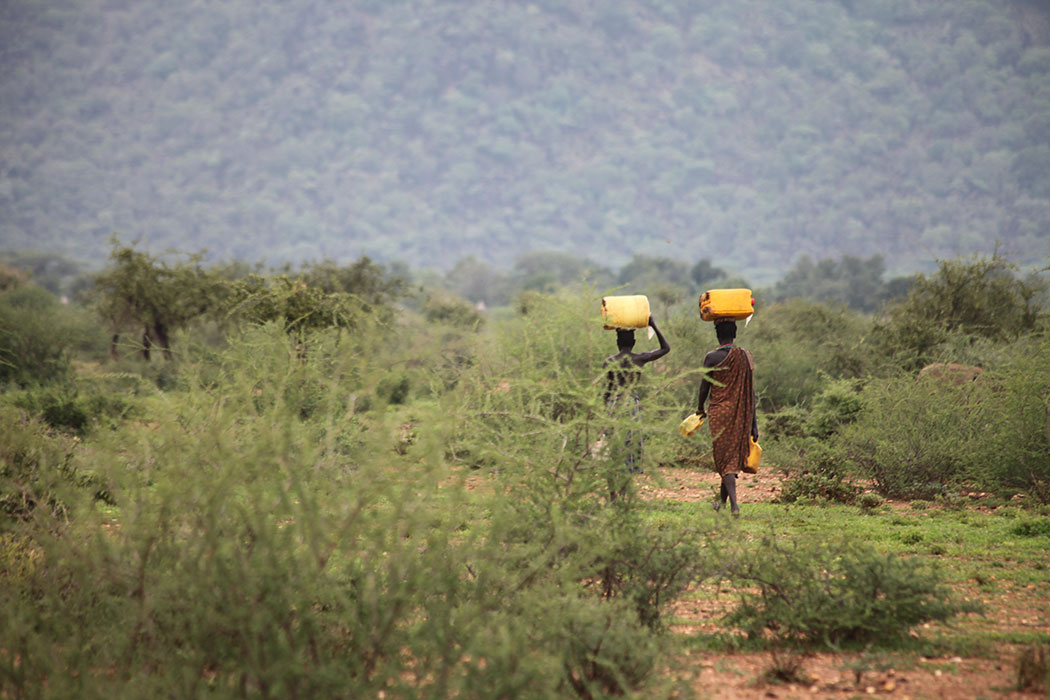
What is an emergency appeal?
Latest News
Africa’s AAIC Investment Fund and the Global Health Equity Fund partner to advance healthcare startups in Africa

UHC Day: How WHO is supporting a healthy future for all in the greater Horn of Africa
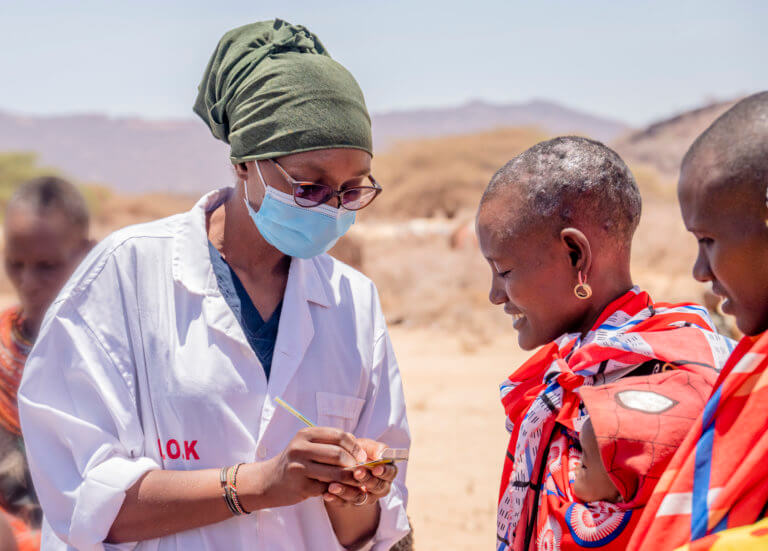
Drought Crisis: Health Catastrophe in Sahel and Horn of Africa
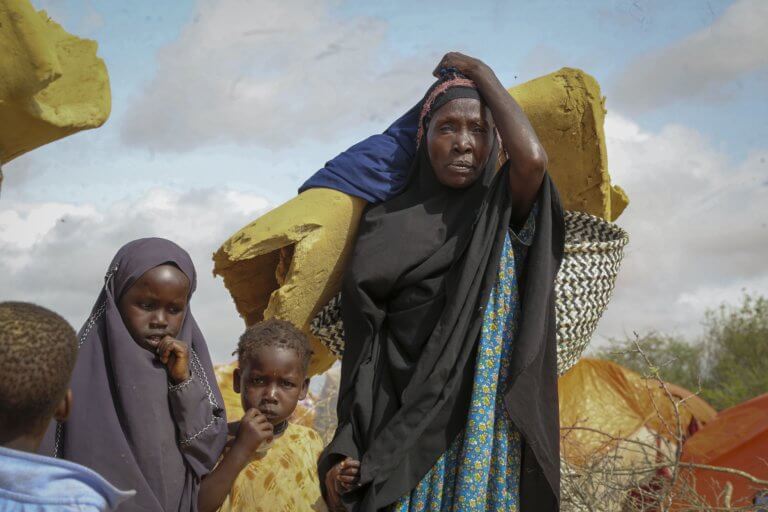
La Fondation de l’OMS lance un Appel d’Urgence pour les crises de sécheresse au Sahel et dans la Corne de l’Afrique
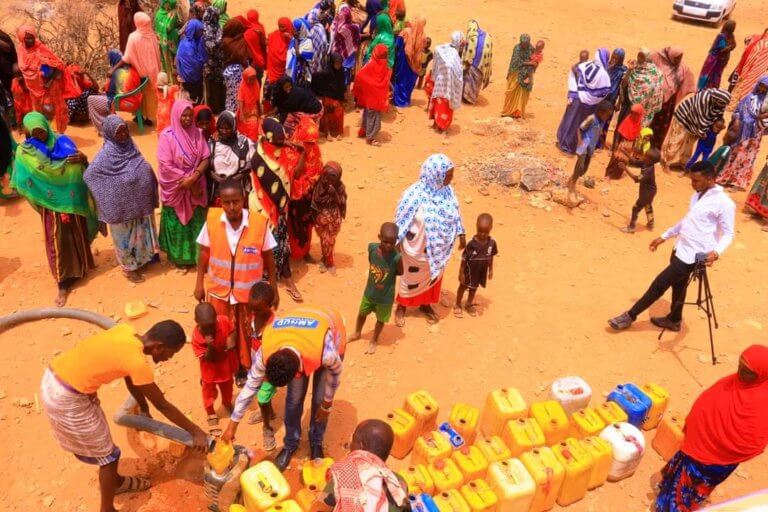
Launch of Health Emergency Appeal for drought crises in the Sahel and Horn of Africa

Emergency Response Appeal for the Greater Horn of Africa
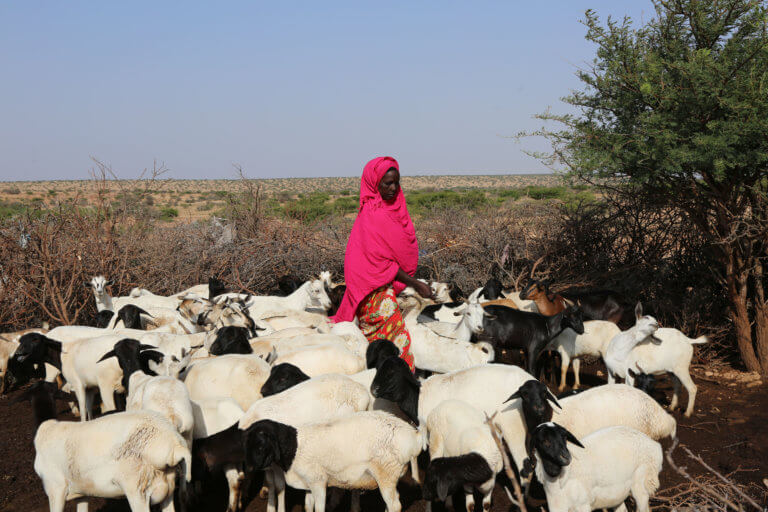
Emergency appeal : Humanitarian crisis in Sahel region of Africa
